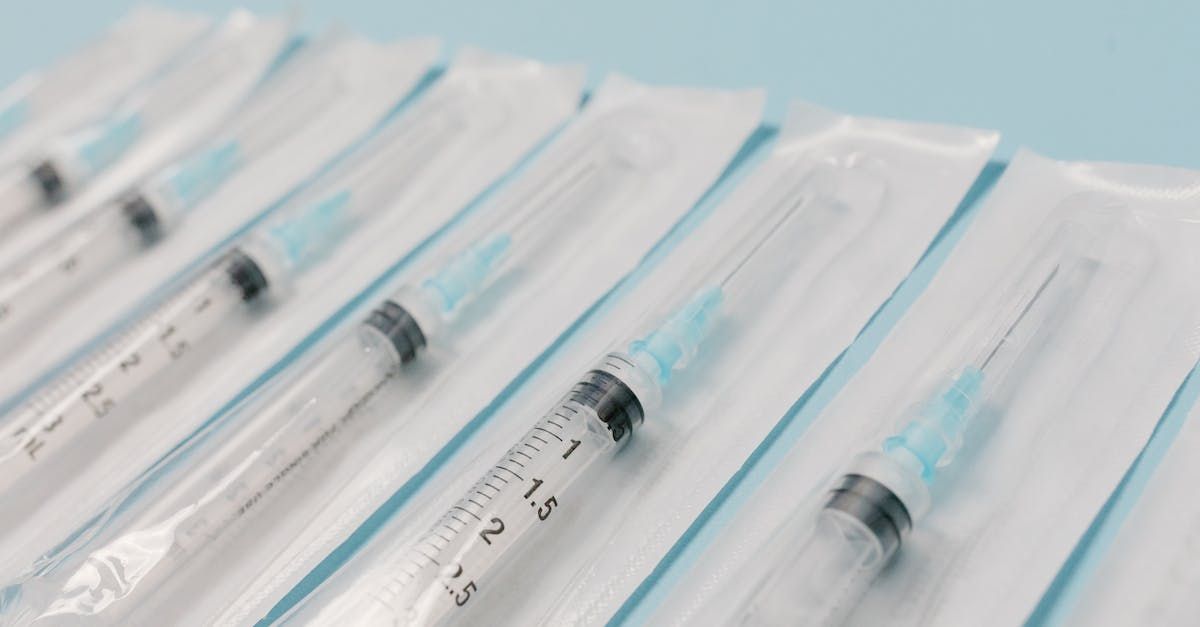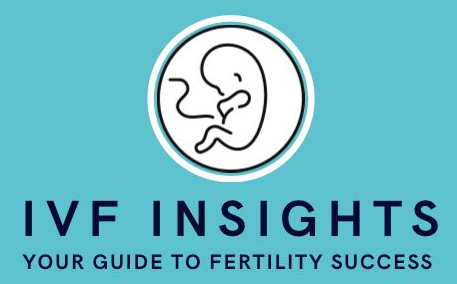
A Step-By-Step Guide to Self-Administering IVF Injections
Bringing new life into the world often requires extraordinary determination and the willingness to explore different paths to parenthood. For many individuals and couples facing infertility, in vitro fertilization (IVF) offers a ray of hope. A crucial component of the IVF process involves self-administering IVF injections, commonly referred to as IVF shots. This comprehensive guide will walk you through the process, providing essential information and step-by-step instructions for self-administering IVF shots at home.
Understanding IVF Injections
IVF injections are a critical aspect of fertility treatment, designed to stimulate the ovaries, induce ovulation, and prepare the body for egg retrieval and embryo transfer. These injections regulate the reproductive hormones, ensuring that the ovaries
produce multiple eggs, which can then be harvested for fertilization. While the specific IVF protocol may vary depending on individual needs, the fundamentals of administering injections remain consistent.
You Might Also Like: In Vitro Fertilization: The Fascinating Process of IVF Explained
Types of IVF Injections
Before diving into the process, it's important to understand the different types of IVF injections:
Follicle-Stimulating Hormone (FSH):
FSH injections stimulate the ovaries to produce multiple follicles, each containing an egg.
Luteinizing Hormone (LH):
LH injections trigger ovulation, releasing mature eggs from the follicles.
Gonadotropin-Releasing Hormone (GnRH):
GnRH injections help control the timing of ovulation.
Human Chorionic Gonadotropin (hCG):
hCG injections are often used to induce ovulation after the follicles have matured.
Progesterone:
Progesterone injections or suppositories support the uterine lining and maintain a pregnancy after embryo transfer.

Preparation and Administration
Administering IVF shots at home may seem daunting at first, but with the right knowledge and preparation, it can become a manageable part of your IVF journey.
1. Educate Yourself:
Begin by thoroughly understanding the purpose and importance of each IVF injection. Your healthcare provider will guide you through this process.
2. Assemble Supplies:
Gather all necessary supplies, including the medication, syringes, needles, alcohol swabs, and a sharps container for safe disposal.
3. Choose an Injection Site:
Common injection sites include the lower abdomen near the belly button. Rotate sites to prevent discomfort.
4. Wash Your Hands:
Thoroughly wash your hands with soap and water to minimize the risk of infection.
5. Prepare the Injection:
Follow the specific instructions provided with your medication for reconstitution and dosage.
6. Injection Technique:
Hold the syringe like a pen and swiftly insert the needle at a 90-degree angle. Inject the medication. You may experience a slight pinch.
7. Dispose of Sharps Safely:
Place used needles and syringes in a sharps container for secure disposal.
8. Record Keeping:
Maintain a detailed record of your injections, noting the date, time, site, and any observations.
9. Store IVF Injections Correctly:
The majority of IVF medications, especially those in liquid form, should be stored in the refrigerator. Maintain a consistent temperature, usually between 36°F to 46°F (2°C to 8°C). Your pharmacist can provide specific instructions for storing and handling your IVF medications, including any unique requirements they may have.
10. Establish a Routine:
Create a consistent schedule for your injections. Setting specific times each day can help you remember and ensure that you don't miss a dose.

10 Tips for Success
Successful self-administration of IVF injections requires a combination of knowledge, organization, and emotional well-being:
1. Stay Organized:
Create a schedule and stick to it. Organization minimizes the risk of missing an injection.
2. Involve a Partner:
If possible, enlist the support of a partner or a trusted friend to assist with the injections.
3. Stay Relaxed:
Anxiety can make the process more challenging. Use relaxation techniques like deep breathing to remain calm during IVF shots.
4. Communicate:
Keep open communication with your healthcare provider. Share any concerns or any unusual reactions to the injections.
5. Expect Side Effects:
IVF injections may lead to side effects like bruising, redness, or mild pain at the injection site. These are generally normal and temporary.
6. Reach Out for Support:
Join online or in-person support groups to connect with others who are going through the IVF process. Sharing experiences can be reassuring.
7. Maintain a Positive Mindset:
Infertility and fertility treatments like IVF can be emotionally challenging. It's essential to maintain a positive mindset throughout the process. Engage in stress-reduction techniques, and focus on your ultimate goal of starting or expanding your family. A positive outlook can help you cope with the ups and downs of the IVF journey and improve your overall well-being.
8. Nutritional Support:
Pay attention to your diet and overall nutrition. A well-balanced diet can contribute to your overall health and well-being during fertility treatment.
9. Seek Emotional Support:
Reach out to friends, family, or a therapist for emotional support. Infertility and IVF can be emotionally taxing, and having someone to talk to can be immensely helpful.
10. Patience and Resilience:
Understand that the IVF journey may have its challenges. Be patient with yourself and your body, and remember that resilience and determination are your greatest assets.

Self-administering IVF shots at home is a significant step in your journey towards parenthood. While it may initially seem intimidating, with proper knowledge, preparation, and guidance, it becomes a manageable part of your routine. Each IVF injection brings you one step closer to your dream of starting or expanding your family. Remember that your
determination and commitment
to the IVF process are a testament to your unwavering desire to become a parent. Stay positive, communicate openly with your healthcare provider, and seek support when needed. Your journey to parenthood is a remarkable and courageous one.
You Might Also Like: IVF, IUI or ICSI: How to Optimize Chances of Success



